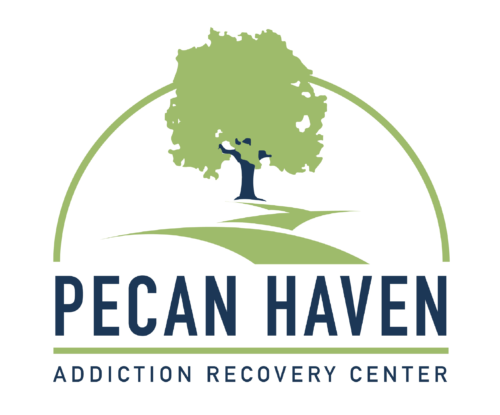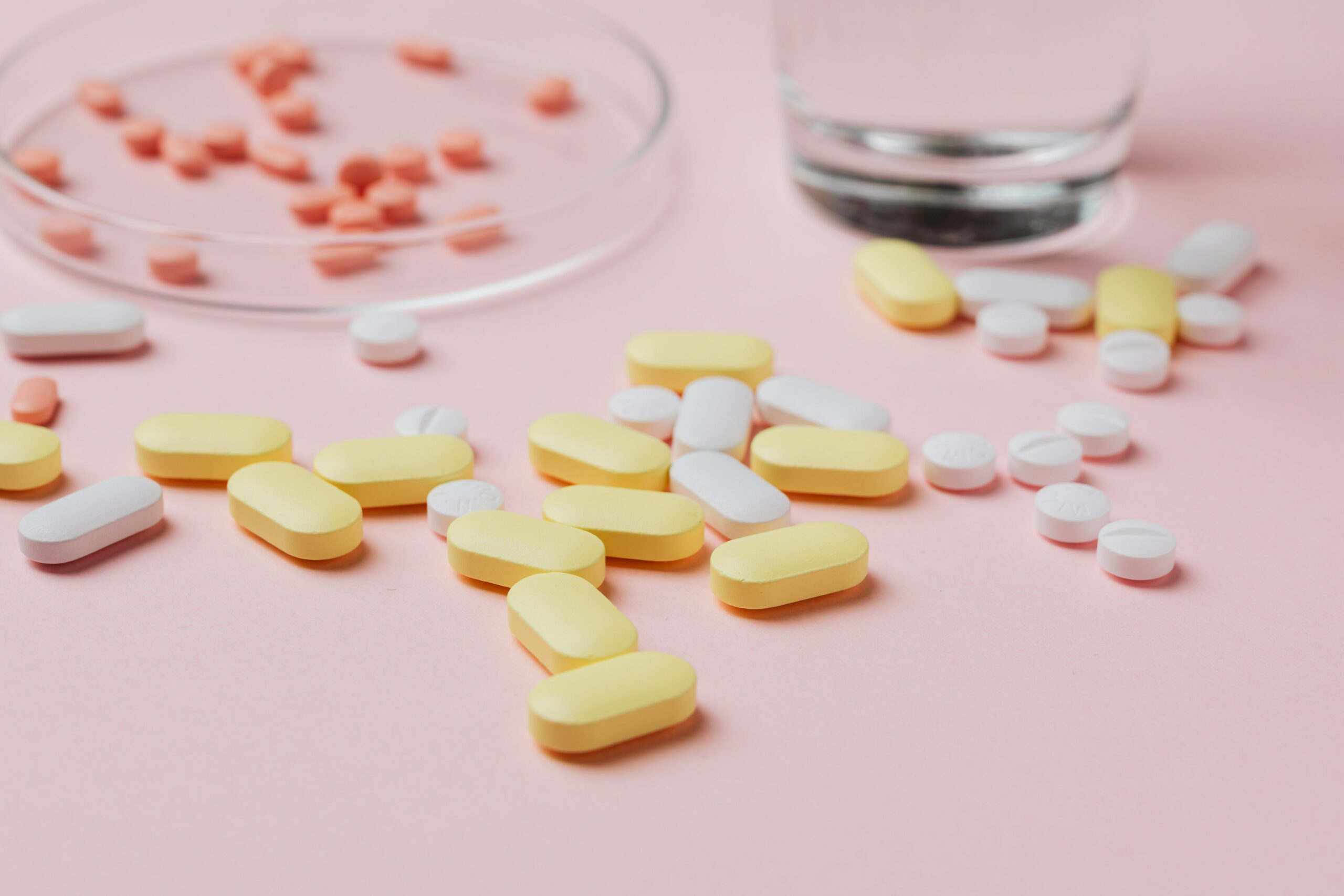Addiction profoundly impacts the brain, changing how it functions and ultimately altering the way individuals think, feel, and behave. This condition is not just a lack of willpower; it’s a complex brain disorder driven by biological, psychological, and environmental factors. When a person uses addictive substances or engages in addictive behaviors over time, their brain’s reward system is hijacked, making it difficult to stop even if they want to. Addiction affects areas of the brain responsible for decision-making, impulse control, and emotional regulation. In short, addiction rewires the brain, creating a cycle of dependency that can be challenging to break without professional intervention.
How Addiction Rewires the Brain
The Role of Dopamine
Dopamine is a neurotransmitter that plays a crucial role in how the brain processes pleasure and reward. When someone uses drugs or alcohol, their brain releases a large amount of dopamine, creating feelings of euphoria. Over time, the brain becomes accustomed to these high levels of dopamine, reducing its natural production. This leads to a cycle where individuals seek out more of the substance to achieve the same feeling of pleasure, contributing to the compulsive behaviors seen in addiction.
Impact on the Prefrontal Cortex
The prefrontal cortex is the part of the brain responsible for decision-making, impulse control, and self-regulation. Addiction impairs this area, making it harder for individuals to control urges or weigh the consequences of their actions. This is why people with addiction often continue their harmful behaviors despite knowing the negative consequences.
Changes in the Brain Structure and Function
Over time, addiction alters the brain’s structure and function. MRI scans of individuals with substance use disorders show changes in the brain’s reward and stress circuits. These changes can result in increased cravings and withdrawal symptoms, making it more difficult for people to quit using the substance. As a result, addiction becomes more about avoiding negative feelings than seeking pleasure.
Why It’s Difficult to Stop
Tolerance and Withdrawal
One of the reasons addiction is so difficult to overcome is the development of tolerance and withdrawal. As the brain becomes dependent on the substance, it requires more to achieve the same effect (tolerance). When the substance is not available, the person experiences withdrawal symptoms, which can be both physically and mentally distressing. These symptoms often push individuals back into using the substance, creating a vicious cycle.
Cravings and Triggers
Certain environments, people, or emotions can trigger strong cravings in individuals with addiction. These triggers are linked to memories of past substance use and can be difficult to avoid. Even after a period of sobriety, exposure to a trigger can reignite cravings, making relapse a significant risk.
Recovery and the Brain’s Ability to Heal
Neuroplasticity: The Brain’s Ability to Rewire
While addiction causes profound changes in the brain, it’s important to note that the brain can health through a process called neuroplasticity. With the right treatment, support, and time, the brain can form new connections and recover many of its functions. This is why professional addiction treatment programs are so crucial – they provide the structure, therapy, and medication (if necessary) to help the brain heal.
The Role of Therapy and Medication
Cognitive-behavioral therapy (CBT) and other forms of therapy help individuals reframe their thoughts and behaviors, while medication-assisted treatment (MAT) can reduce cravings and withdrawal symptoms. These combined approaches make it easier for individuals to focus on their recovery while their brain undergoes the healing process.
Contact Us Today
Understanding the science behind addiction is key to realizing that it’s more than just a bad habit – it’s a brain disorder that requires professional treatment. At Pecan Haven Addiction Recovery Center in Louisiana, we offer comprehensive residential treatment programs, intensive outpatient programs, and residual detox programs to help individuals overcome addiction. Whether it’s alcohol addiction, drug addiction, or dual diagnosis, our team is here to support you on your journey to recovery. Contact us today at (318) 600-3333 to start your path to healing.

